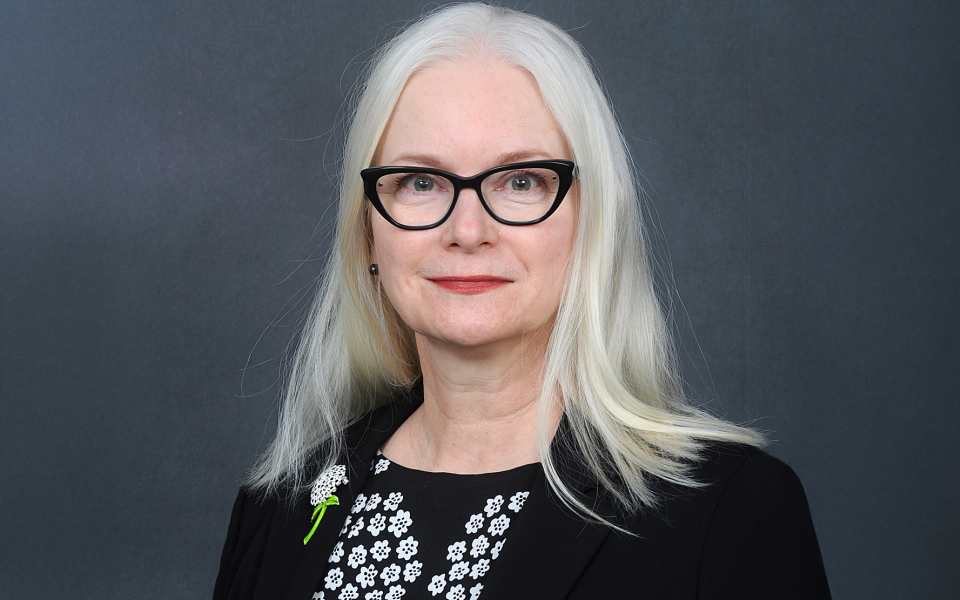Imagine yourself in grade school. While other kids learn new words quickly, you struggle. The right words just don’t come easily.
Before researchers uncovered a possible cause, you might have been told to just try harder.
“Sometimes people think these kids are being naughty or lazy,” said Karla McGregor, Ph.D., Director of the Word Learning Laboratory at Boys Town. “Once you know that they're probably doing their best, but language is a true challenge, that helps everybody.”
From our first “mama” or “dada,” we spend a lifetime learning language. But for about 1 in 14 children, words and sentences don’t come easily. These children may have Developmental Language Disorder or DLD. This means their brains have a harder time with language.
DLD isn’t new. “For at least 100 years, there have been case studies of children who struggle learning language,” Dr. McGregor said. “The condition has always been with us. What we call it and how we diagnose and treat it is always improving.”
Today, researchers have agreed on the name “developmental language disorder” instead of older names like “speech and language impairment” or “expressive-receptive language disorder.”
Dr. McGregor has been studying DLD for 33 years. One of her research projects, the Children’s Vocabulary Project, has found key differences in children with DLD, such as:
- It’s easier to learn a word if they hear it before or after seeing a picture of it.
- The sounds of a word can be harder to learn than what the word means.
- Saying the word out loud helps more than just hearing it.

Now, the project is looking at how DLD affects other parts of language and learning — such as how these kids understand full sentences.
A lot of this work happens at Boys Town. Some of it takes place in a special van that goes to families within 100 miles. “We need good recordings of children trying new words, and that’s best done in person,” Dr. McGregor said. “The kids love the van.”
Children and families are also asked about what’s hard, what helps, and how they felt when they first got the diagnosis. This helps researchers learn what works best.
Another research project, Language and Me, looks at how DLD might be different for boys and girls — including how they work around or mask their struggles. The goal is to make sure boys and girls get the help they need.
“Working on these boy and girl differences has been fascinating because it’s a relatively new question,” Dr. McGregor said. She also interviews adults who have DLD to learn how their challenges change over time — and how they deal with them.
While more people know about DLD, a lot of kids still go undiagnosed. “About half of the cases are missed,” Dr. McGregor said. “There are many reasons why. You need a complete evaluation to know for sure someone has DLD.”
For more info, Dr. McGregor suggests visiting DLDandMe.org. This free website is supported by Boys Town. It has information for kids, parents, teachers and speech-language pathologists.
“Our mission is to put out information that's evidence-based, accurate and easy to understand,” Dr. McGregor said. “We want everyone to be successful — at school, at work, and in life. That’s why this research is so important.”
To learn more about Dr. McGregor’s research, visit the Word Learning Laboratory.